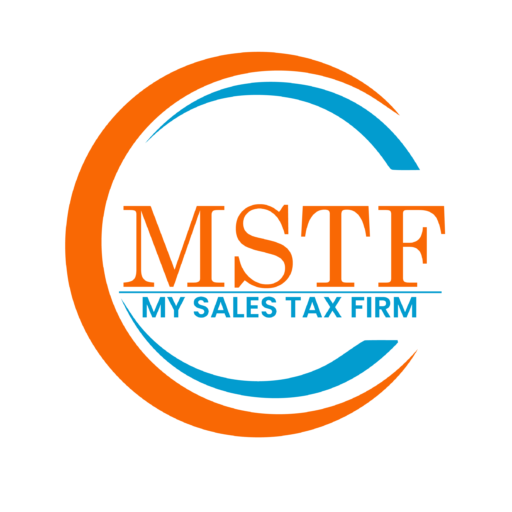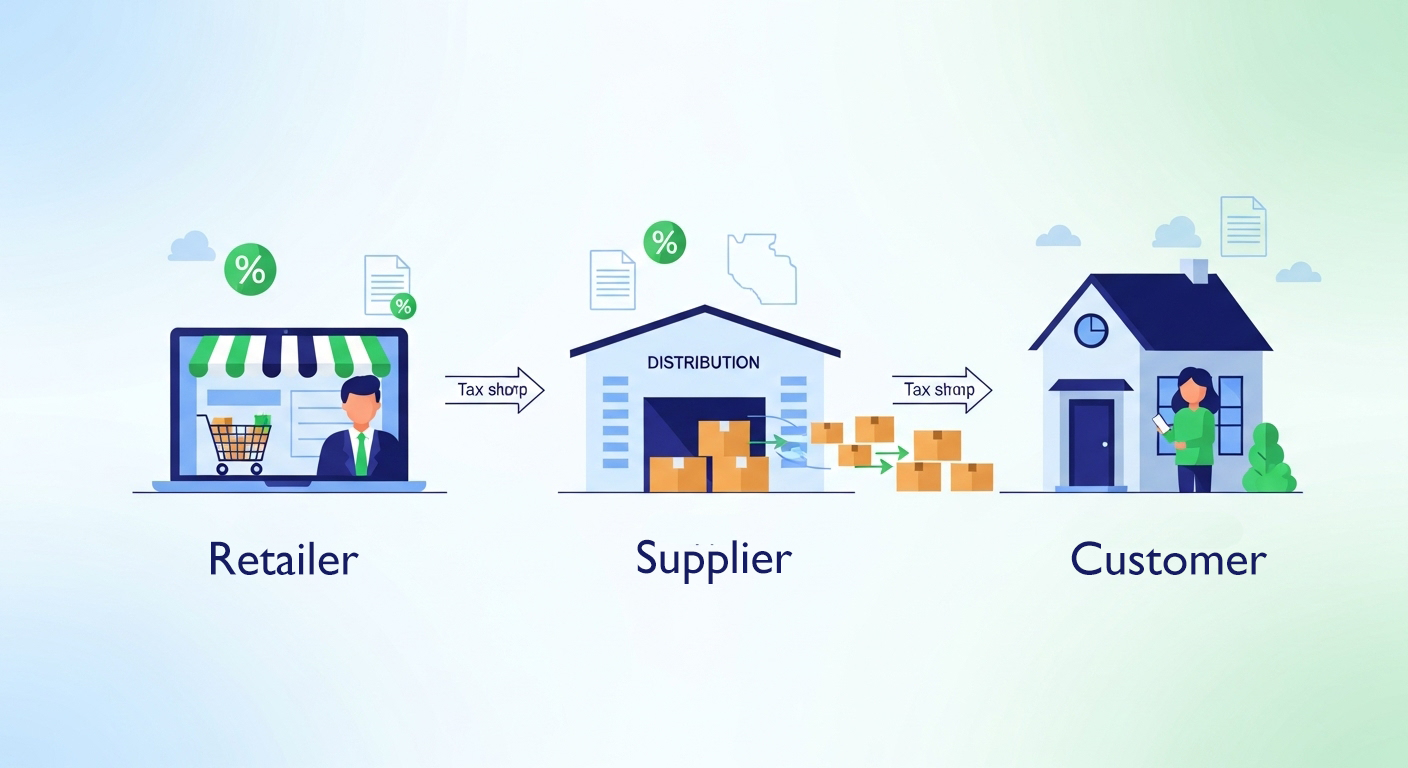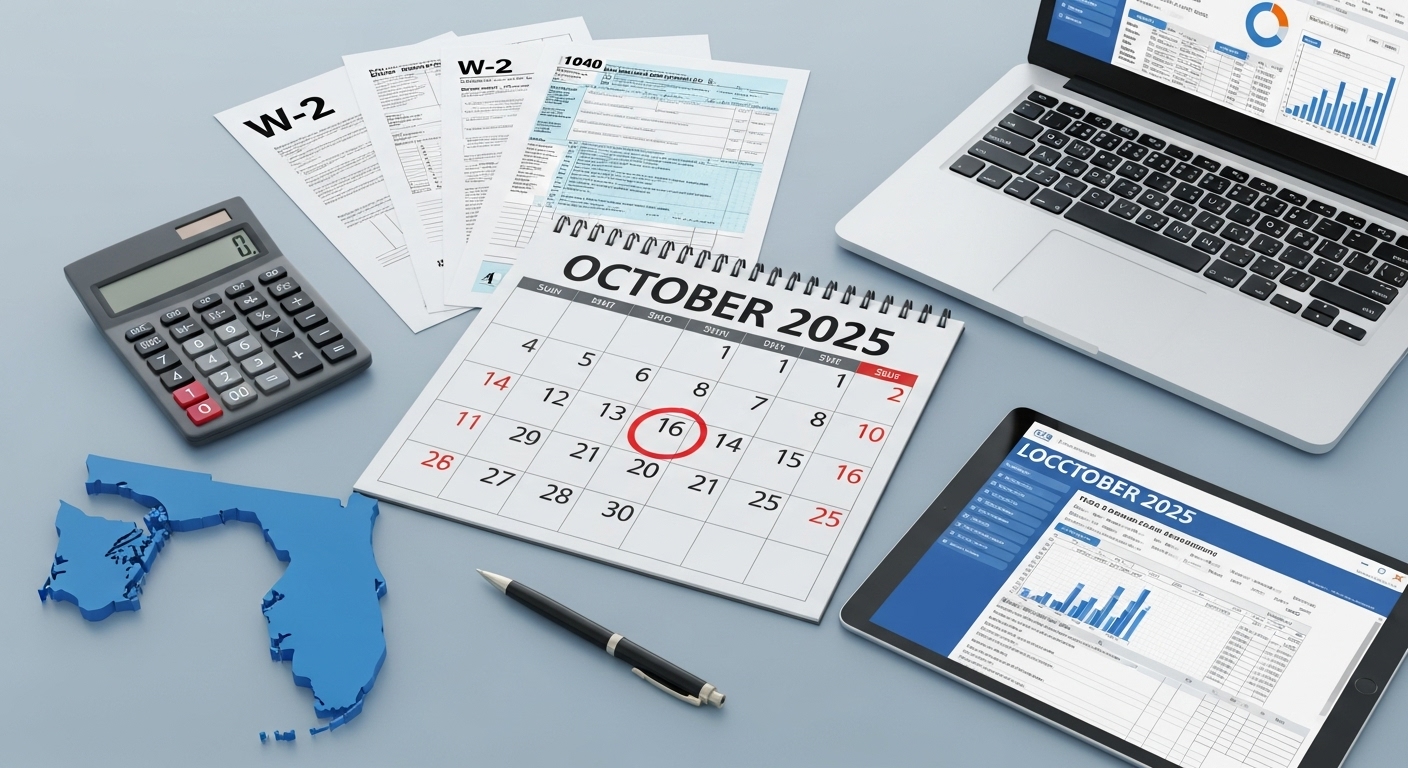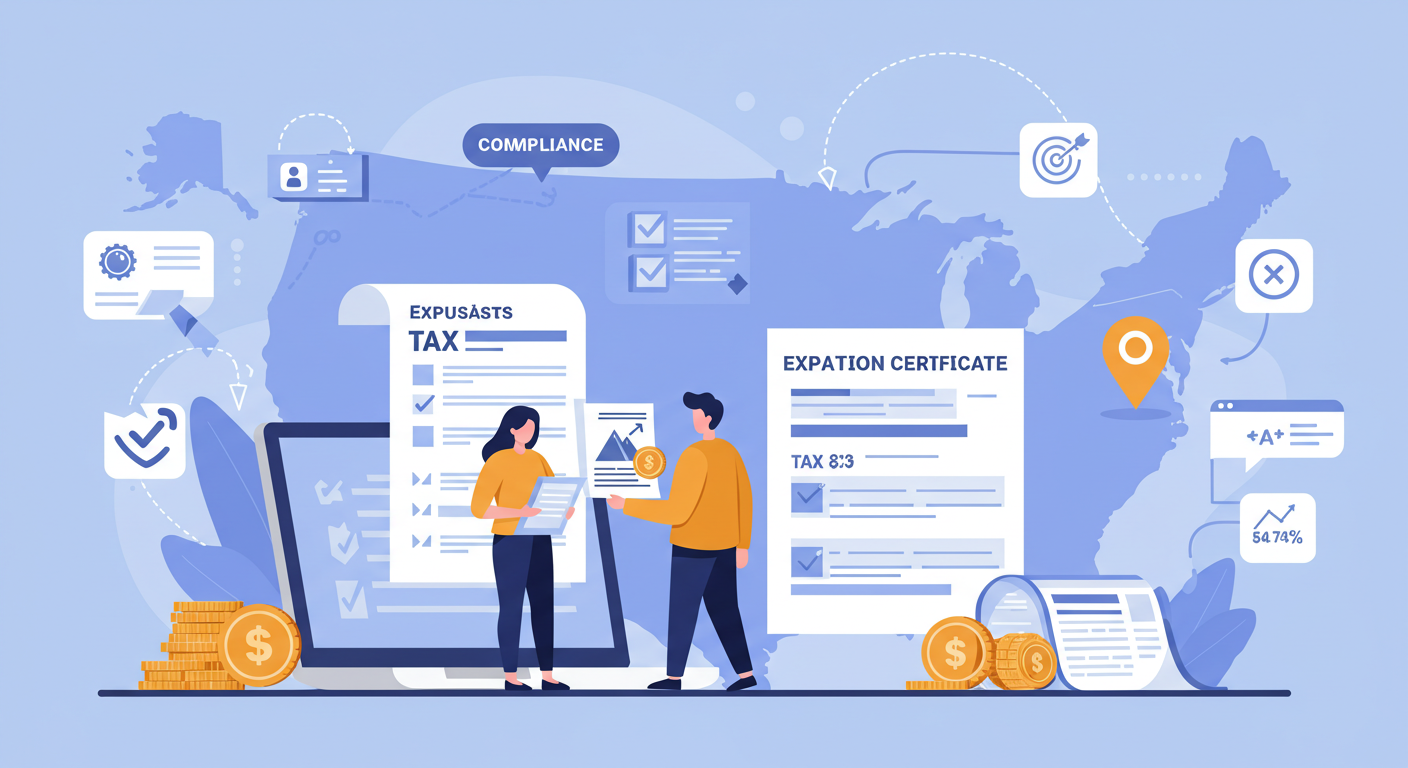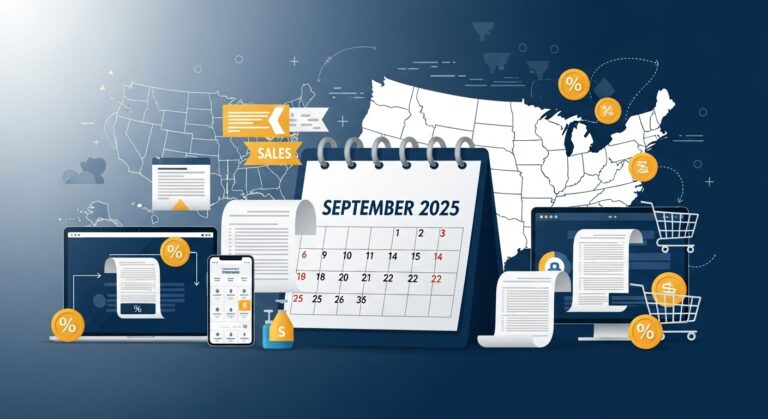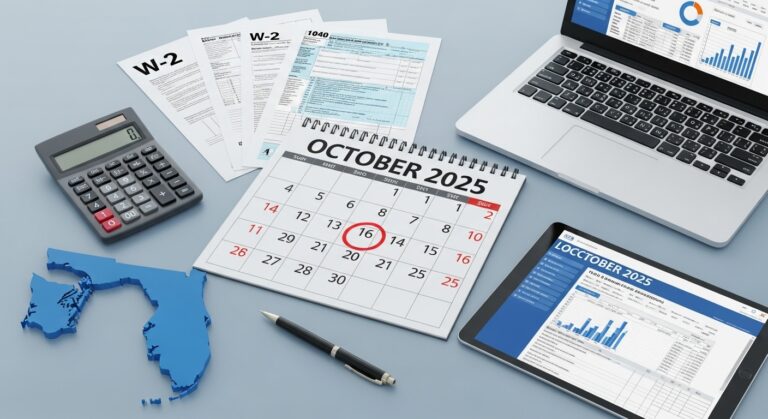Introduction
Let’s be honest—sales tax audits are nobody’s idea of fun. For small business owners, they’re the stuff of nightmares. You’re running your business, juggling a million tasks, and then bam—an audit notice from the state lands in your mailbox.
The truth is, sales tax audits are on the rise. States are strapped for revenue, and they’re increasingly targeting small and medium-sized businesses—especially those selling across state lines, using marketplaces, or dealing with exemption certificates.
But here’s the good news: knowing how to avoid sales tax audits is more than possible. In fact, it’s your best defense. And if you do get audited? Don’t worry. There’s a smart, strategic way to handle it without letting it derail your business.
This guide will break down exactly how to stay off the state’s radar—and what to do if you find yourself in the crosshairs.
What Triggers a Sales Tax Audit?
Before you learn how to avoid sales tax audits, you need to understand what makes the state interested in your business in the first place.
Common Red Flags That Attract Auditors
States don’t audit randomly. They look for patterns that suggest something’s off. Some common red flags include:
Late or inconsistent filings
Large fluctuations in reported sales
Rounding errors
Mismatched data between sales tax returns and income tax returns
Too many exempt sales without backup documentation
These patterns send a signal: “This business might not be compliant.”
Industries That Are Frequently Audited
Certain industries are under constant scrutiny. If you’re in:
…you’re more likely to be audited, simply because these sectors often handle lots of cash, exemptions, or complex multistate sales.
How States Use Data to Flag You
States are getting smarter. They’re cross-referencing your sales tax returns with what’s reported by Amazon, Shopify, Stripe, your wholesalers, even your own customers.
If anything doesn’t line up? You may get flagged for a “desk audit” or a full-blown field audit.
How to Avoid Sales Tax Audits – Proven Strategies
Now, let’s talk prevention. Here’s exactly how to avoid sales tax audits—step by step.
Stay Registered in the Right States
If you’re making sales in a state where you have nexus (a tax connection), you need to be registered. Period.
Nexus can be triggered by:
Physical presence (employee, warehouse, or office)
Economic presence (selling over a certain dollar amount or number of transactions)
If you fail to register, you’re not collecting tax—and that’s a huge audit trigger.
Track Nexus Activity Regularly
Economic nexus laws change. What didn’t trigger nexus in 2023 might absolutely do so in 2025.
You should be reviewing your state-by-state activity at least quarterly. One big sales month on Etsy or a spike in orders to California? That could trigger registration requirements and filing obligations.
File Returns on Time, Every Time
Late returns = attention from auditors.
Even if you made zero taxable sales, file your returns on time. Many states require a return even if there’s nothing to remit.
Also, double-check you’re using the right forms for the right jurisdiction—local tax rates, county add-ons, and special district taxes can throw things off.
Keep Clean, Organized Records
Think of your records as your audit armor.
Maintain 3–7 years of the following:
Make sure these are organized by state and easily accessible. If the state comes knocking, you’ll want to show them you’re in control—not scrambling for documents.
Avoid Over- or Under-Collection
Charging the wrong sales tax rate—either too high or too low—is a huge red flag. Use real-time tax calculation tools, and always update your tax settings when you add a new product or enter a new market.
Over-collecting? Customers complain.
Under-collecting? The state demands you pay the difference out of pocket.
Either way, it’s a lose-lose.
Audit-Proof Your Exemption Certificates
Exemption certificates are one of the biggest audit risks around.
If you make exempt sales, you must have a valid, properly filled out resale or exemption certificate, before the sale happens.
Missing or invalid certificate = taxable sale. Which means you owe the tax… with penalties and interest.
Regularly review and renew your certificates. Make sure your team knows how to request and file them correctly.
Monitor Marketplace Facilitator Rules
Selling on Amazon, Walmart, or Etsy?
These platforms might be collecting and remitting sales tax on your behalf—but only in certain states, and only for certain transactions.
It’s still your job to know where you’re responsible, where you’re not, and whether you need to file a return even when no tax is due.
What to Do If You’re Audited
So you followed the steps above, but you still get that dreaded audit notice? Don’t worry. Here’s what to do.
Don’t Panic – This Isn’t the IRS
State sales tax audits aren’t criminal. They’re about money, not jail time.
Stay calm, take it seriously, and respond like a professional. Panic leads to mistakes, and mistakes lead to bigger problems.
Respond Promptly and Professionally
Most audit notices come with a deadline.
Ignoring the state or missing a response window can trigger more aggressive follow-ups; or even default assessments where they estimate your liability without your input.
Reply within the deadline, confirm you received the notice, and clarify what the state wants.
Gather Documentation Before They Ask
Don’t wait to be asked for documents.
Pull your sales tax returns, exemption certificates, sales data, invoices, and anything else that aligns with the scope of the audit.
Having these ready can shorten the audit process, and sometimes even reduce how deep the auditor digs.
Be Transparent but Strategic
Answer their questions. Be honest. But don’t volunteer extra info that isn’t relevant.
If you’re unsure how to respond to a specific question, don’t guess. Say you’ll confirm and follow up later.
Remember, their job is to find issues. Your job is to only give them what they asked for, and not more.
Consider Getting a Sales Tax Expert Involved Early
Let’s be real: most small business owners aren’t experts in multistate tax codes.
An experienced sales tax consultant can:
Communicate directly with the auditor
Help you avoid overexposure
Strategically present your documentation
Negotiate penalties or interest
Save you tens of thousands of dollars
If you’re facing an audit, now is the time to get help from My Sales Tax Firm.
How a Sales Tax Consultant Can Save You From a Disaster
You might think “I’ve got software, I’m fine.”
Not so fast.
Real-World Examples of Avoided Penalties
We’ve seen businesses that were on the hook for $75K+ in taxes and penalties—but walked away paying under $5K after expert representation and negotiation.
These aren’t just outliers. A good sales tax consultant understands the loopholes, the negotiation levers, and how to talk to auditors.
Why Software Isn’t Enough When You’re Under Audit
Software can help track and file, but it doesn’t think. It doesn’t argue. It doesn’t explain why you treated a transaction a certain way.
When the state asks questions, software isn’t going to defend you. A person will.
Final Thoughts
Compliance is a Process, Not a One-Time Fix
Tax rules change. Nexus rules change. Marketplace laws change.
Even if you’re compliant today, you might not be tomorrow. That’s why the smartest business owners set up systems to stay compliant—and audit-ready—on an ongoing basis.
Get Ahead Before the State Comes Knocking
Waiting for an audit notice before getting serious about compliance is like fixing your roof during a thunderstorm.
If you’re unsure about your tax footprint, your certificates, or whether your software is doing enough—it’s time to talk to someone who knows what to look for.
Conclusion
So, what’s the takeaway here?
Sales tax audits are real—and increasing.
The best defense is knowing how to avoid sales tax audits before trouble starts.
Clean records, timely filings, valid certificates, and accurate registration matter.
If you’re audited, stay calm, prepare smart, and call in help.
Don’t try to DIY your way through this. Your business is too valuable.
👉 Need help making sense of your obligations? Talk to our experts at My Sales Tax Firm. Get clarity before the state comes knocking.

